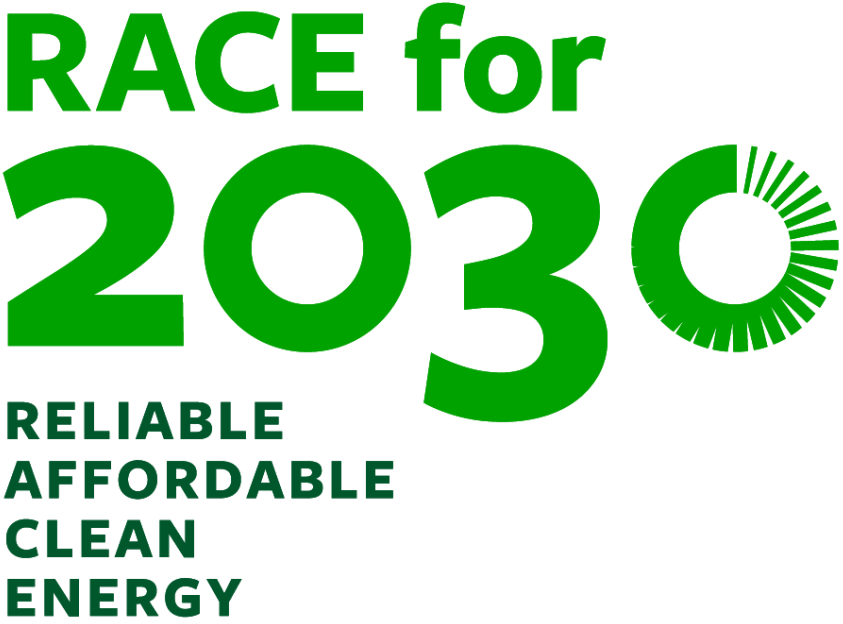Themes
This theme investigates how data-driven insights and connectivity can unlock value-added services and personalised products for customers. Real-time analytics that improve decision-making for businesses will be developed, driven by circular economy practices to improve productivity and reduce emissions. Understanding the role of machine-human interfaces and equipping the workforce with the necessary digital skills will be critical in developing socially acceptable solutions. Delivering trusted and consistent sources of information and decision-making tools will ensure that solutions scale at a pace required to decarbonise the economy.
This theme will develop ground-breaking business models required to implement and scale energy efficient solutions in new and existing businesses. It will have a strong focus on activities in HVAC, fuel substitution, renewable integration, flexible operation and innovative building materials. Actions will be explored for individual businesses and those operating in shared-service communities, such as net zero precincts. Big-data analytics to monitor building performance, identify and track energy-saving opportunities and maximised services will be delivered. Awareness campaigns will help scale outcomes across a diverse set of stakeholders.
Our Projects
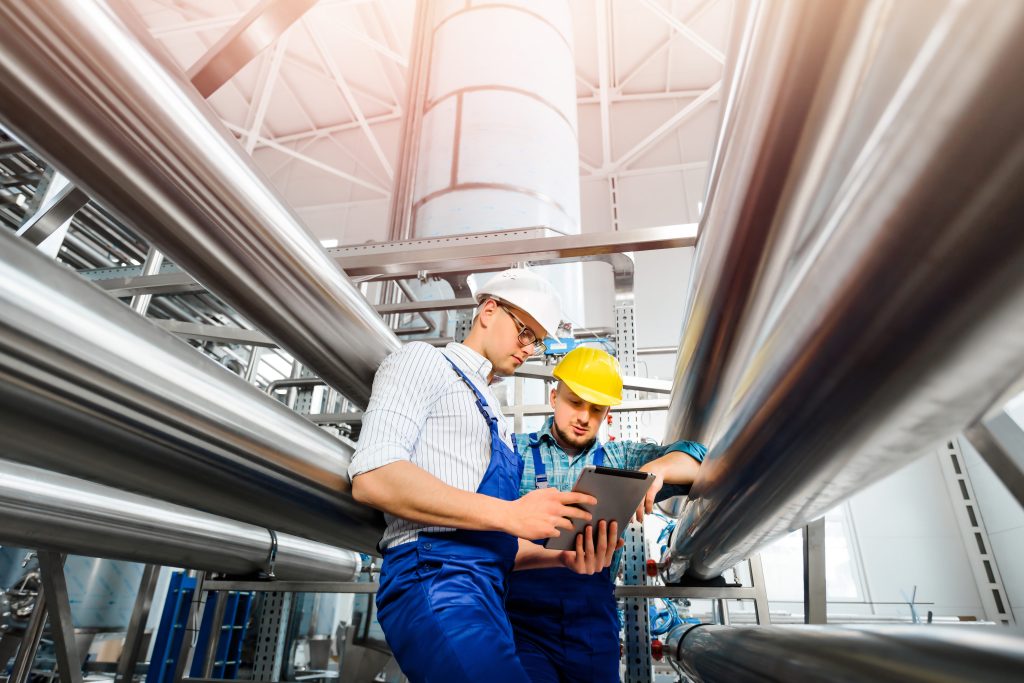
Decision support tools for decarbonising and electrifying industrial thermal energy systems
Chief Investigators Robert Taylor, UNSW Purpose of project The project is focusing on the food and beverage industry, which uses ~105 PJ (~30 TWh),…
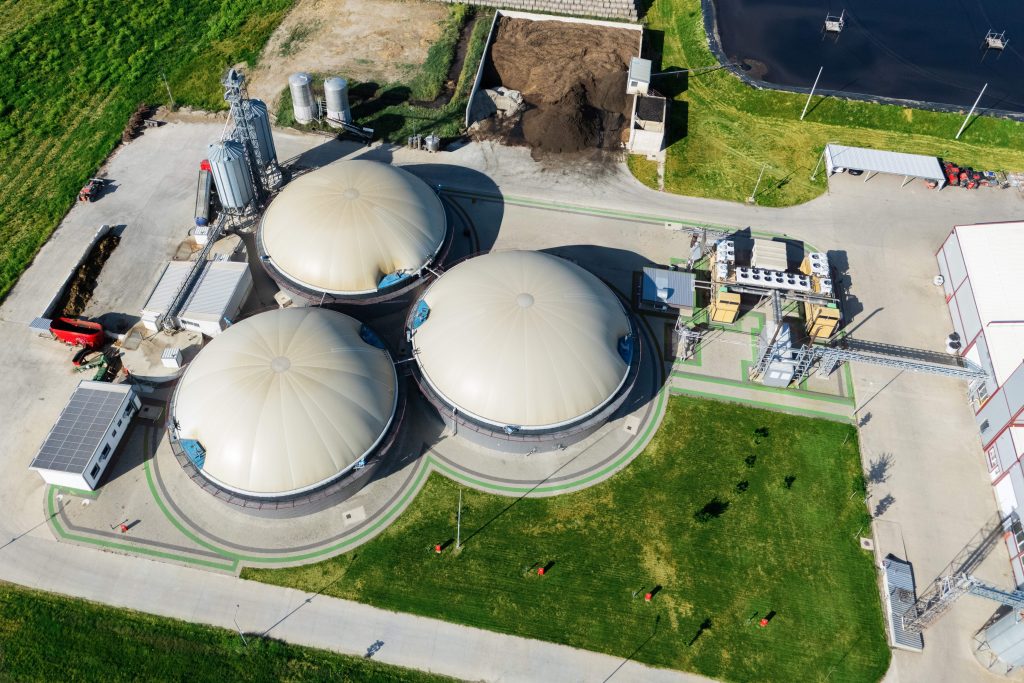
Advancing ACoD within the red meat industry: Digestate quality assessment and standardisation
Chief investigators Prof. Yang Liu, QUT Dr Jerome Ramirez, QUT Fabiana Tessele (Tessele Consultants) Purpose of project Anaerobic digestion (AD) is being increasingly recognised as a…
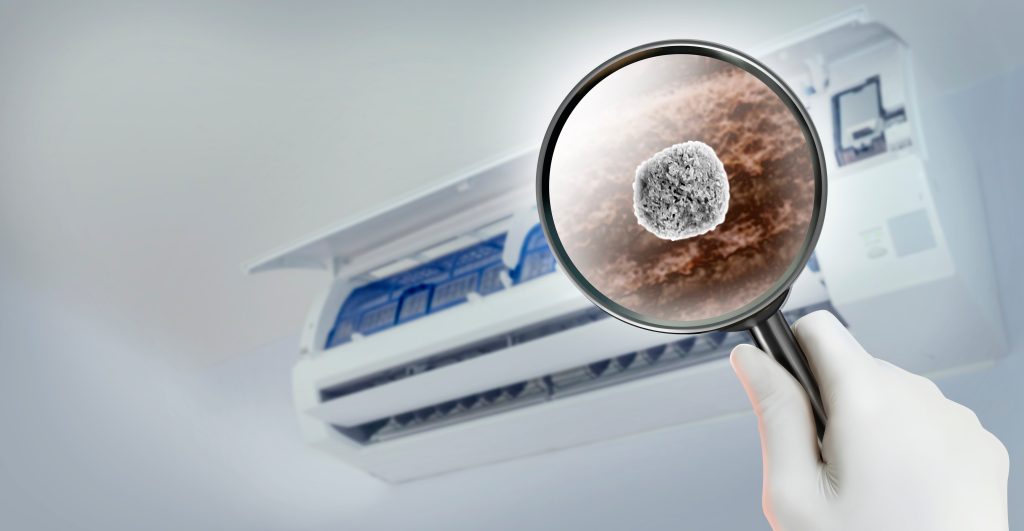
Sustainable solutions for pandemic and bushfire resilience in healthcare facilities
Chief Investigators Dr Tim Lau (Adelaide University) Purpose of project A groundbreaking research project at a Victorian Regional Hospital promises to be a major…
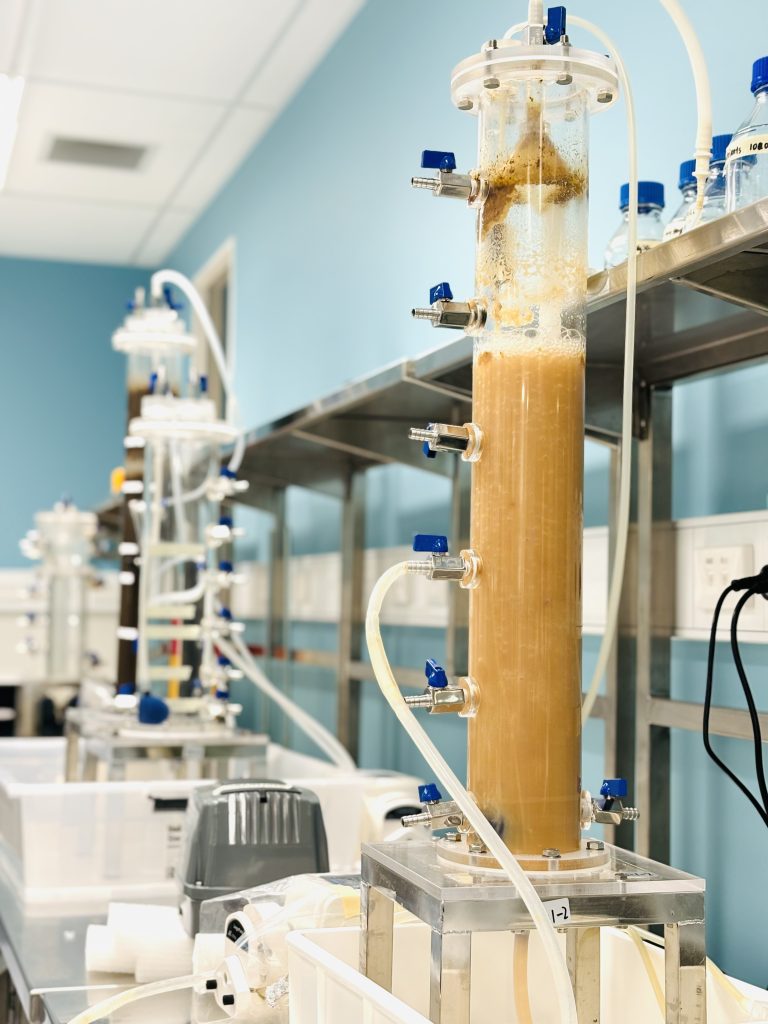
Revolutionising high ammonia wastewater treatment: Pioneering sustainable solutions for industrial effluents
Chief Investigators Prof. Yang Liu (QUT) Purpose of project Landfill leachate wastewater, a persistent challenge for Australian municipalities, is about to face a ground-breaking solution….
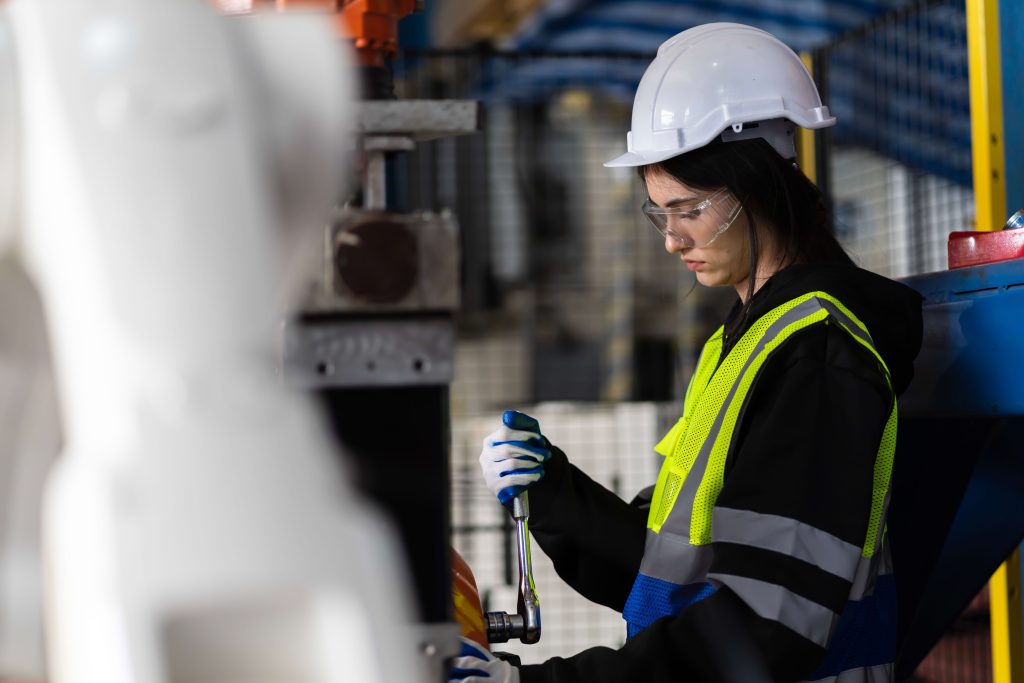
Aquatic Centre solar photovoltaic thermal heat pump optimisation
Chief Investigators Prof Robert Taylor (UNSW) Purpose of project Commercial and industrial facilities have a fixed footprint area for renewable energy installations, but total…
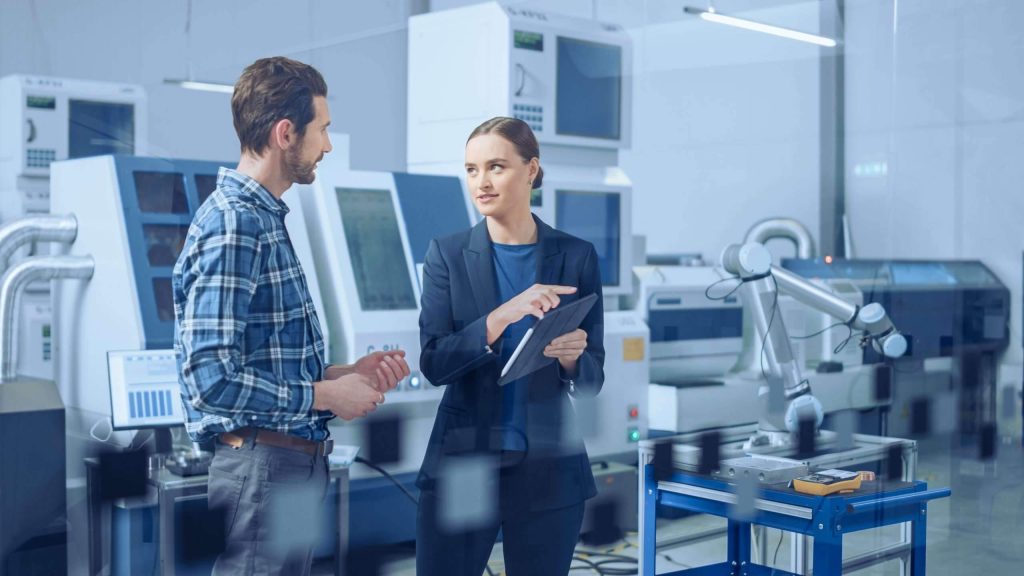
Smart Sensing and Industry 4.0 Energy Productivity guide for business
Chief Investigators Kamal Salwan, Ursula Dauenhauer, Mark Atkinson and Frank Zeichner, IoTAA Purpose of project Energy sustainability and affordability are among the most pressing…
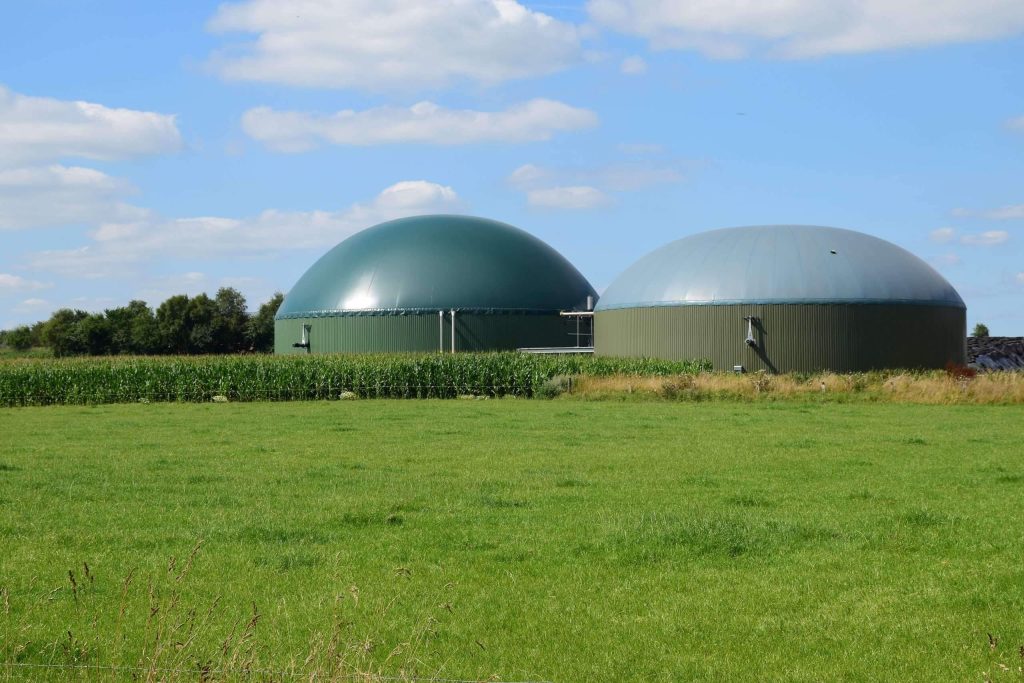
Anaerobic co-digestion of red meat industry wastes
Chief Investigators Prof Prasad Kaparaju (Griffith University) Dr Fabiana Tessele (Tessele) Purpose of project The project, which is funded by the Australian red meat processor…

NSW Digital Infrastructure for Energy Flexibility
Flexibility and dispatchability are key requirements for a future Zero Emissions electricity grid. Buildings are capable of providing significant generation and consumption flexibility, at…
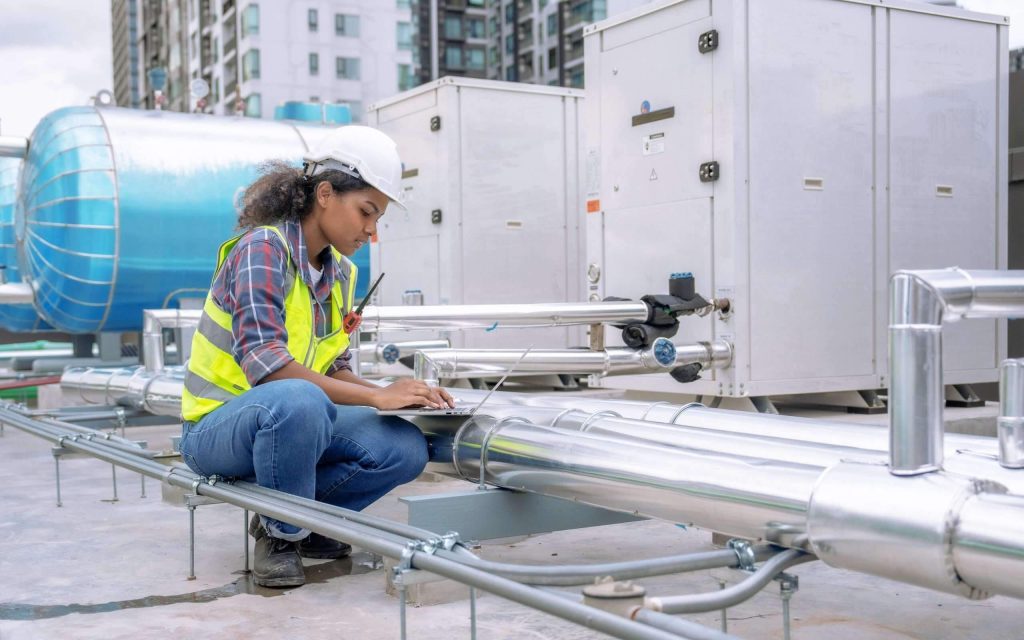
Decarbonising heat with heat pumps
Chief Investigators A/Prof Andrea Trianni (UTS) Brendan Vos (A2EP) Purpose of project The project will identify and assess how heat decarbonisation can be accelerated…

Business Power Flex
Chief Investigators A/Prof Alexandr Akimov (Griffith University) David Roche (UTS) Purpose of project Our electricity grid is changing. Australia’s transition to a renewables powered grid…
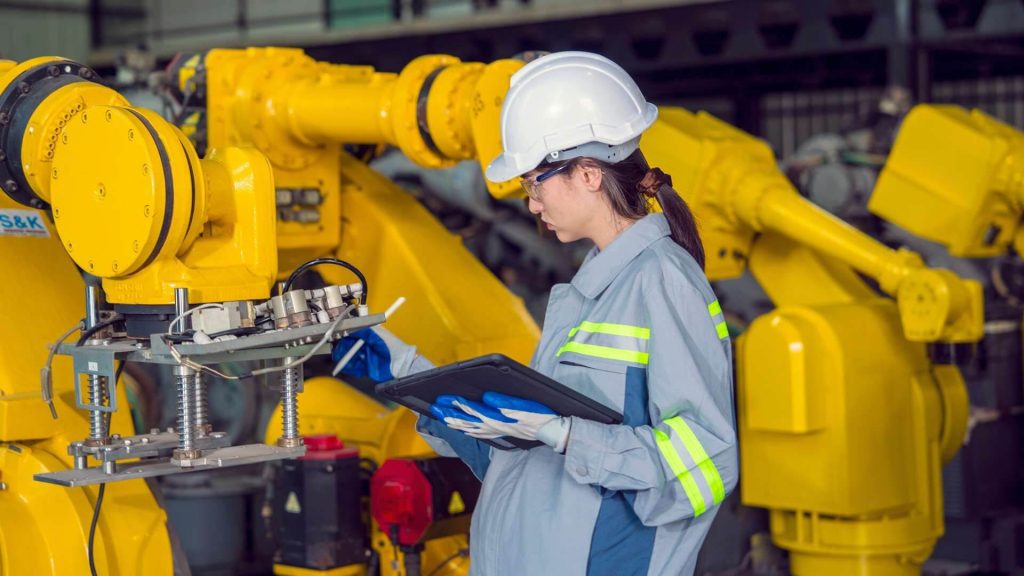
Industry 4.0 Opportunities in White Certificate Schemes
Chief Investigators Dr Stephen White (CSIRO) Purpose of project Industry 4.0 technologies offer new ways to improve energy efficiency. These technologies include features like…
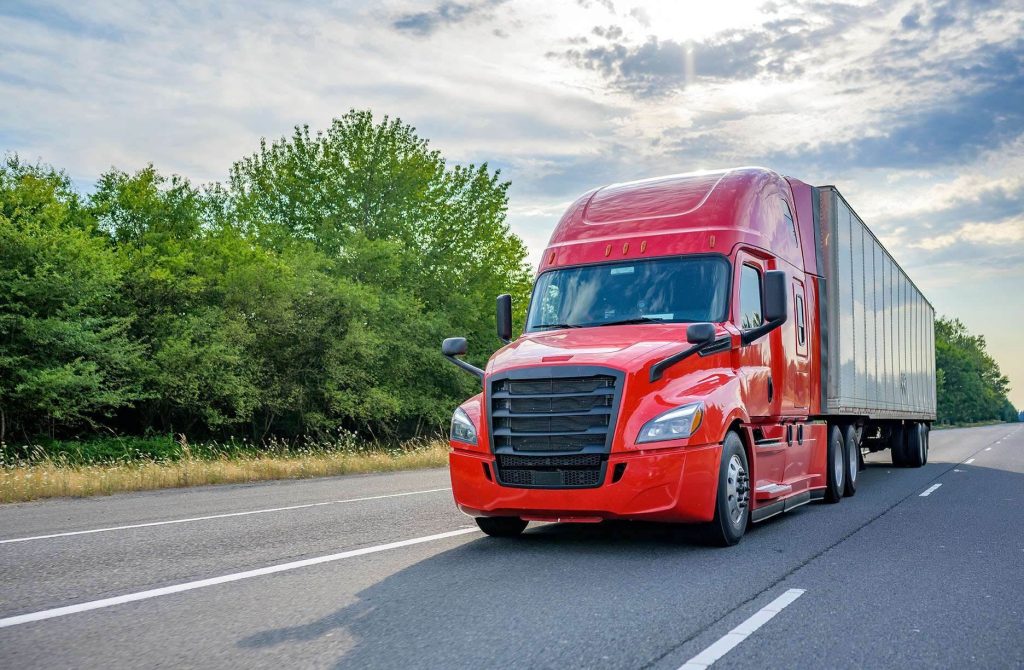
Electrifying the Cold Chain – Phase 2
Chief Investigators Prof. Frank Bruno (Adelaide University) Purpose of project The cold chain is a low temperature-controlled supply chain to prolong shelf life and…
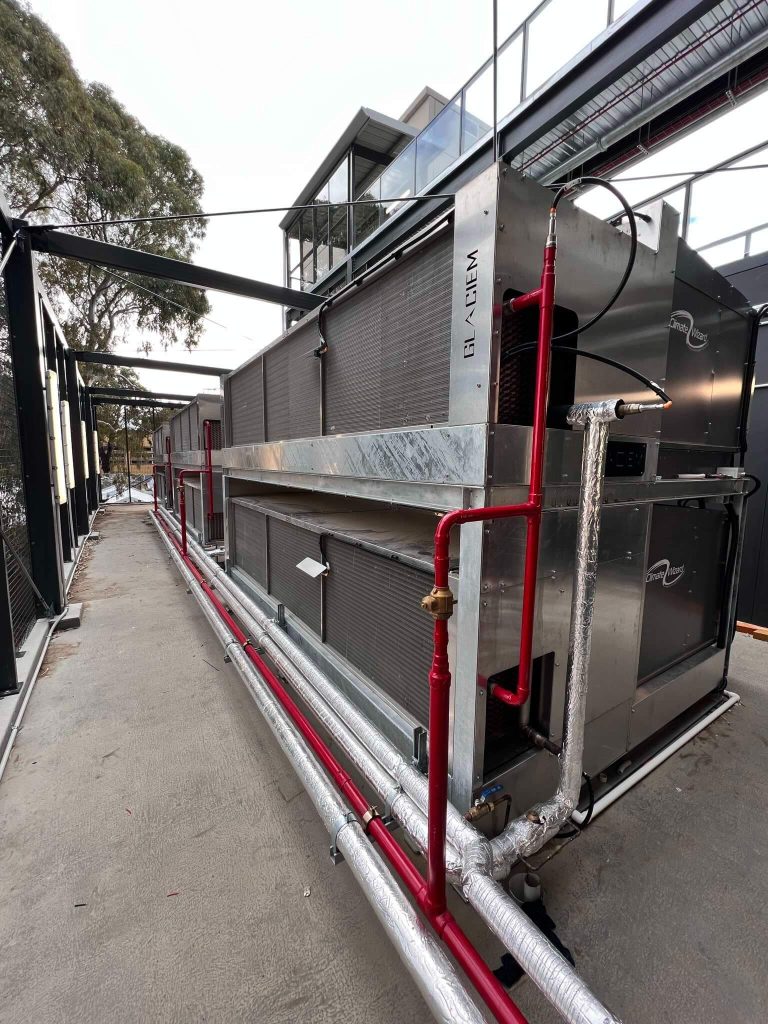
Testing and monitoring of an energy-efficient indirect evaporative (dew-point) CO2 (DP-CO2) refrigeration system at a Coles supermarket in Adelaide
Chief Investigators Dr Tim Lau (Adelaide University) Purpose of project Given the heating, ventilation, air-conditioning and refrigeration (HVAC-R) sector is a significant contributor to…
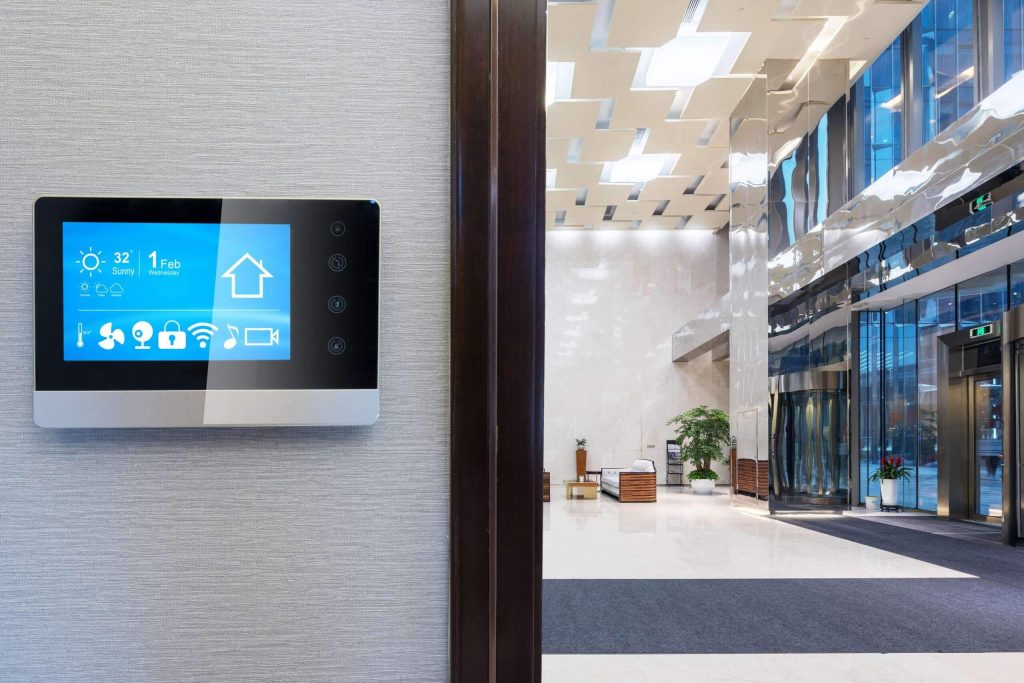
AI-ready flexible buildings to minimise carbon intensity
Chief Investigators Dr. Frits de Nijs (Monash University) Purpose of project Buildings can act like batteries, absorbing, storing and releasing heat into their materials….
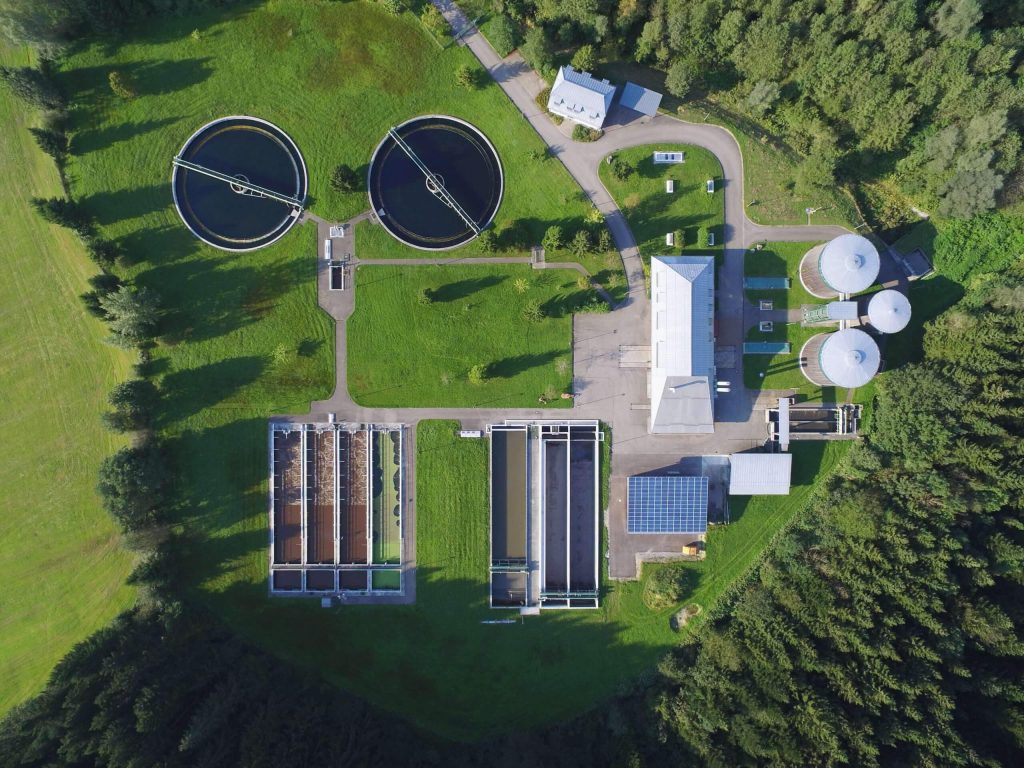
Energy flexibility for water corporations
Chief Investigators Prof Rebecca Yang (RMIT) Purpose of project Water corporations in both New South Wales and Victoria have committed to a net-zero carbon…

Energy Trends Visualisation Tools
Chief Investigators Prof. Iain MacGill (UNSW) Purpose of project The electricity industry has experienced and continues to experience significant changes that present challenges for managing…
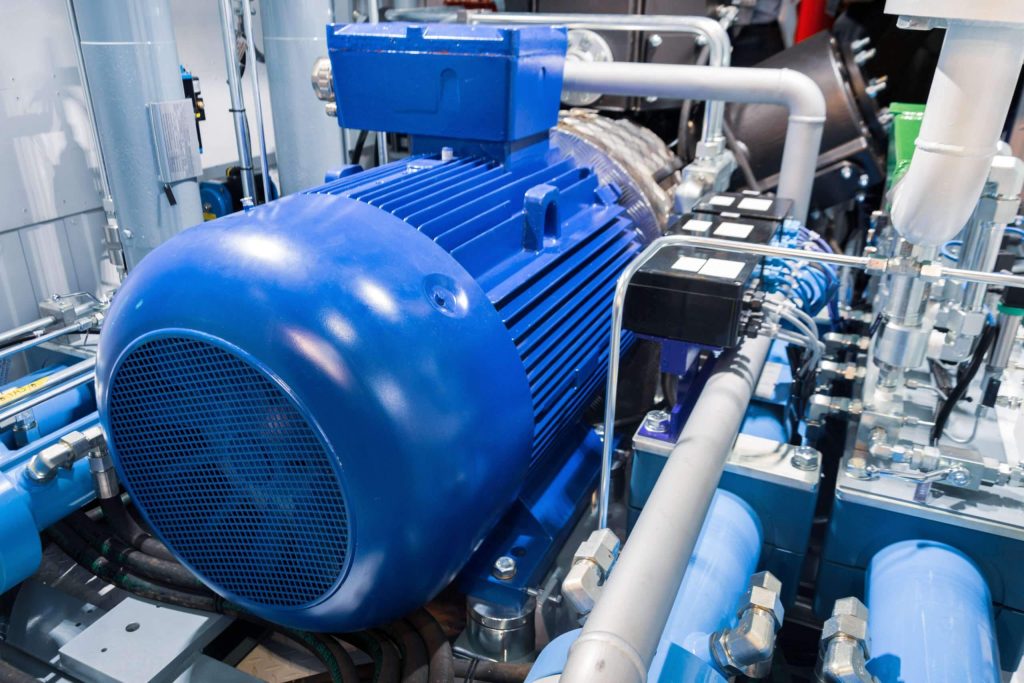
Techno-economic feasibility study of Mechanical Vapour Recompression for improving Energy Efficiency in Meat Rendering
Chief Investigators Prof. Abhijit Date (RMIT) Purpose of project Heating operations such as rendering/cooking, drying, sterilisation and cleaning, play an important role in the meat…
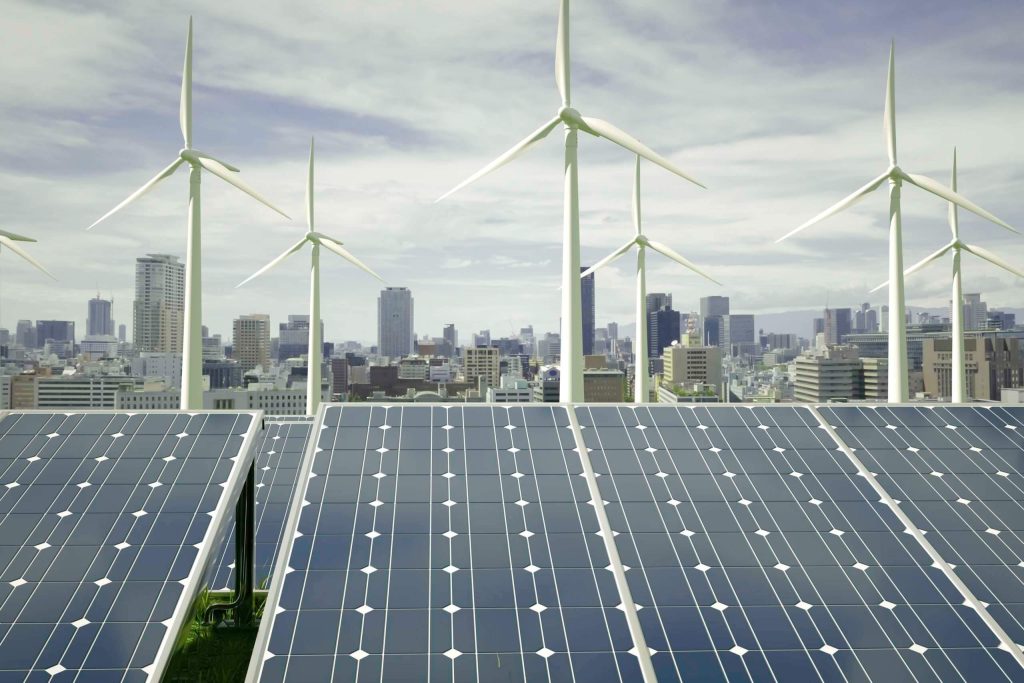
24/7 TRUZERO (Tracking Renewables Utilisation for Zero Emission Reporting and Operation)
Chief Investigators A/Prof. Anna Bruce (UNSW) Many businesses are reducing their electricity-related emissions through renewables power purchase agreements (PPAs). However, there is increasing scrutiny…
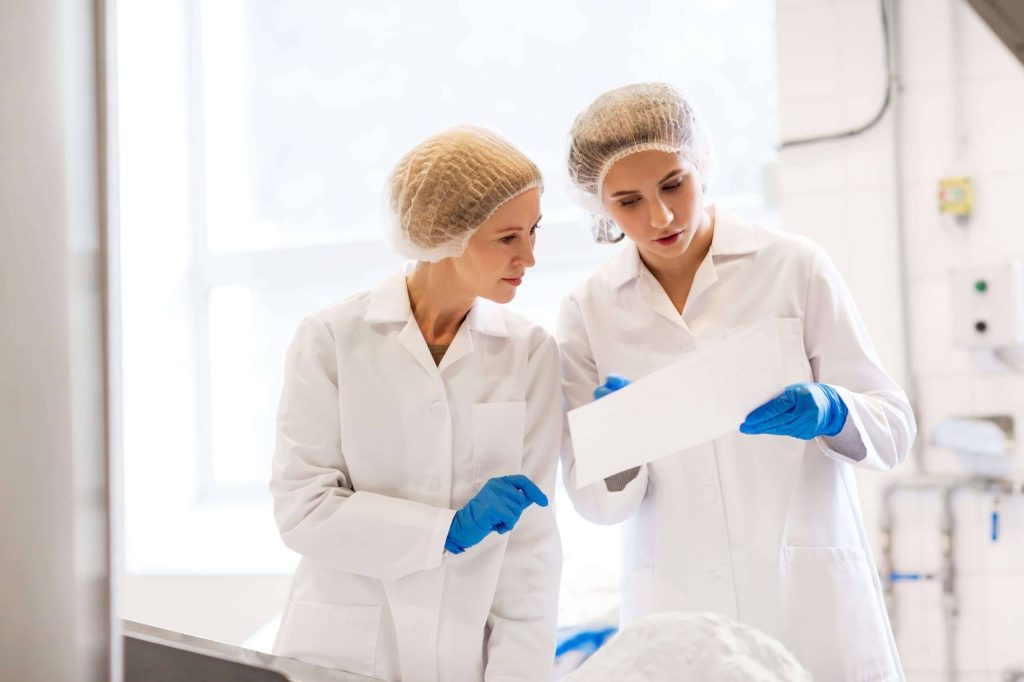
Investigating transformative energy productivity improvement in the food systems value chain
Chief Investigators Jarrod Leak (A2EP) Purpose of project Currently, there is a gap in the food value chain (VC) industry which assesses energy productivity. This study was…
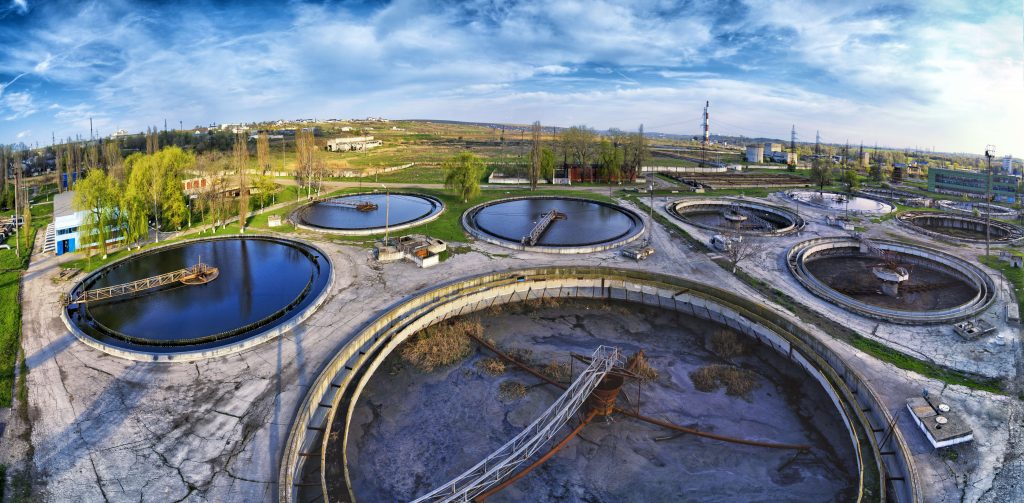
Techno-economic analysis on improving biogas from anaerobic digestion on pre-treated sewage sludge
Chief Investigators Prof. Prasad Kaparaju (Griffith University) Purpose of project Wastewater treatment plants (WWTPs) in general consume a significant amount of energy, representing about…

Completed | January 2023
Industry 4.0 for energy productivity
Chief Investigators A/Prof. Andrea Trianni (UTS) Purpose of project Industry 4.0 describes a suite of solutions including better data, improved data analytics and greater connectivity…

Improving energy productivity through the electrification of cold chain logistics Phase 1: Concept development
Chief Investigators Prof. Frank Bruno (Adelaide University) Purpose of project Refrigerated transport plays a key role in cold chain logistics. The project reviewed state-of-the-art and emerging refrigeration systems used in commercial…
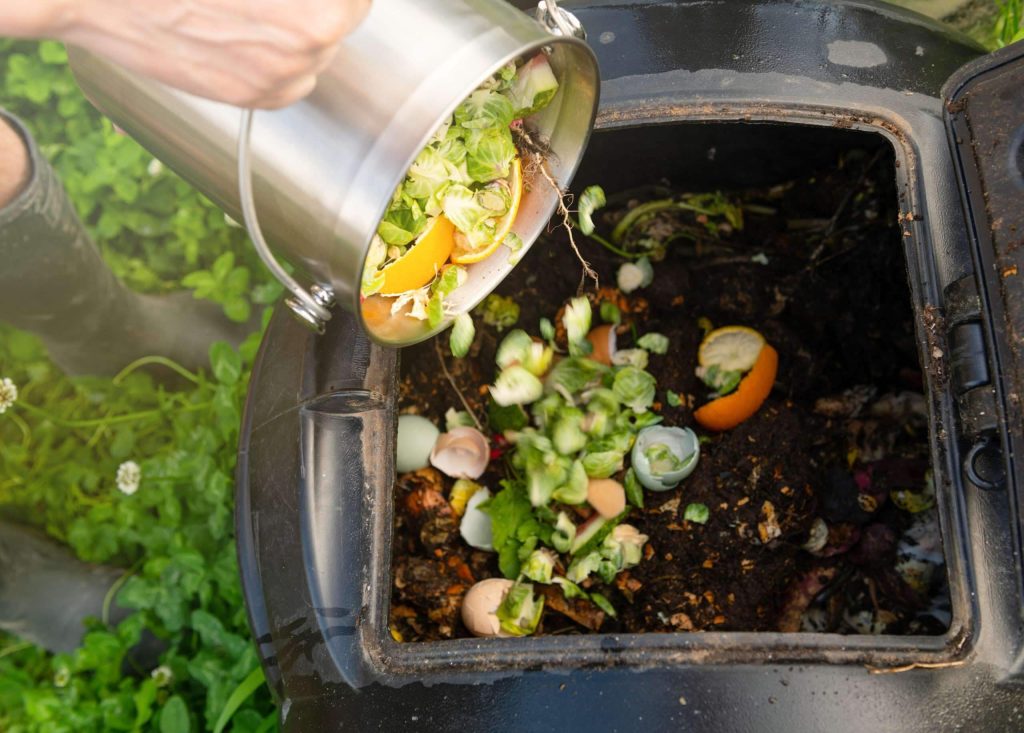
Mapping organic waste in Sydney to advance anaerobic co-digestion for energy generation and greenhouse gas reduction
Chief Investigators Andrea Turner (UTS) Purpose of project This project brought together key stakeholders in the typically siloed waste, wastewater and energy sectors to…
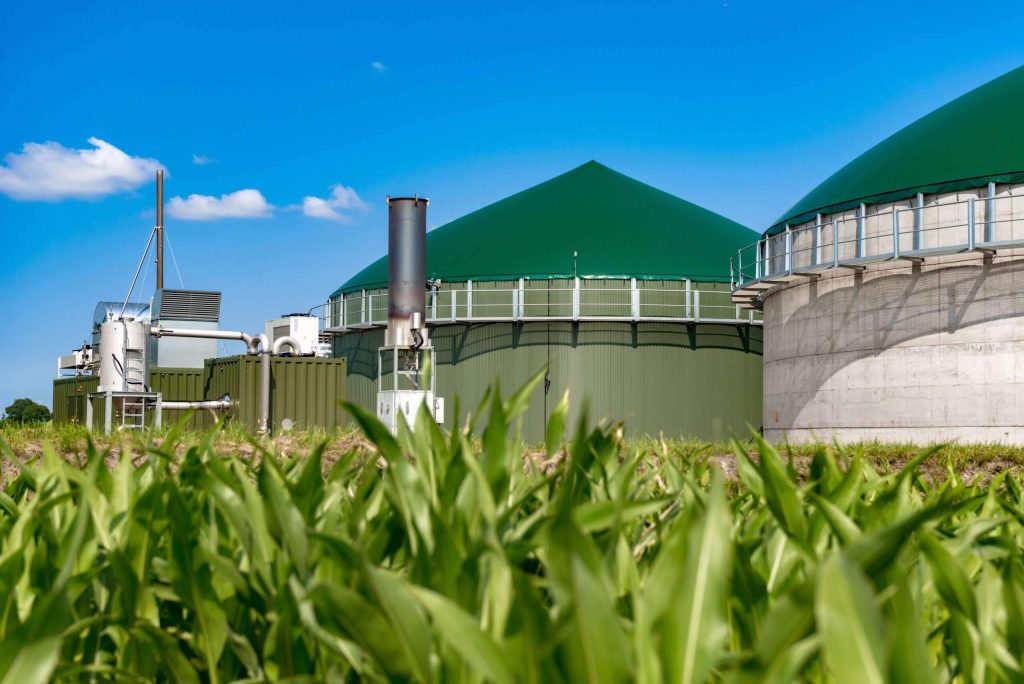
Completed | May 2023
Onsite anaerobic digestion for power generation and natural gas/diesel displacement
Chief Investigators Prof. Prasad Kaparaju (Griffith University) Purpose of project This Opportunity Assessment produced a research roadmap to identify the most impactful activities that RACE for 2030 could fund…

Biogas from agricultural waste: a techno-economic evaluation
Chief Investigators A/Prof. Prasad Kaparaju (Griffith University) Purpose of project This project assessed the techno-economic feasibility of biogas production from sugar mills, such as bagasse, trash and mill mud from Mossman Sugar Mill, codigested with other organic…
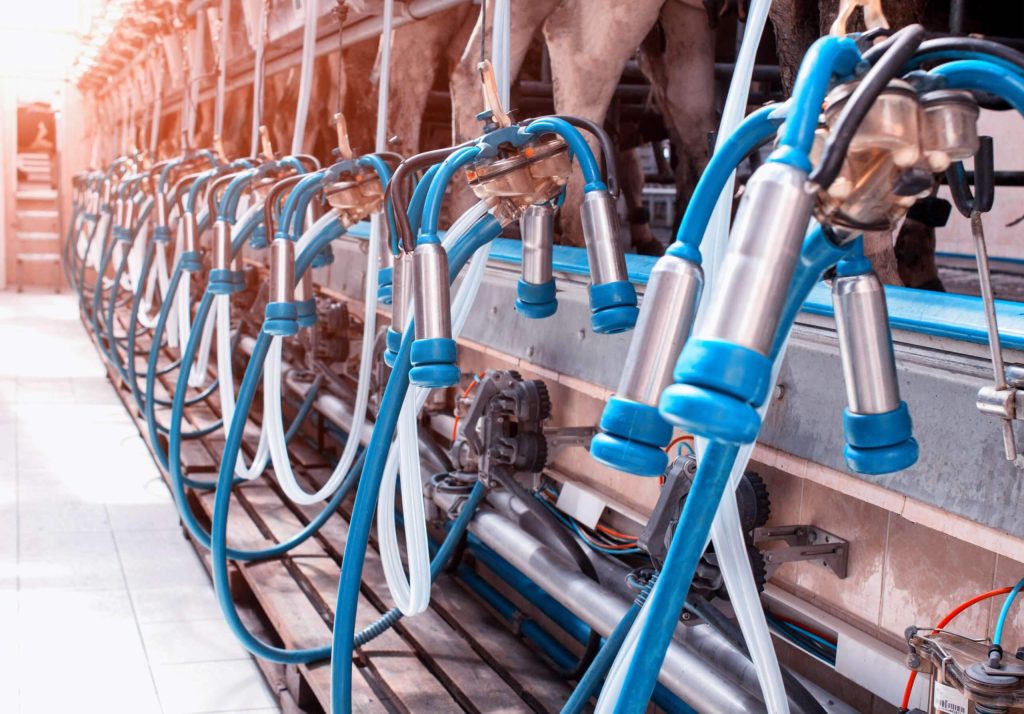
Improving the performance and potential applications of PCM storage for flexible demand in the HVAC-R industry
Chief Investigators Prof. Frank Bruno (Adelaide University) Purpose of project Heating Ventilation Air-conditioning Cooling and Refrigeration (HVAC-R) uses over 22% of Australia’s electricity and is a…
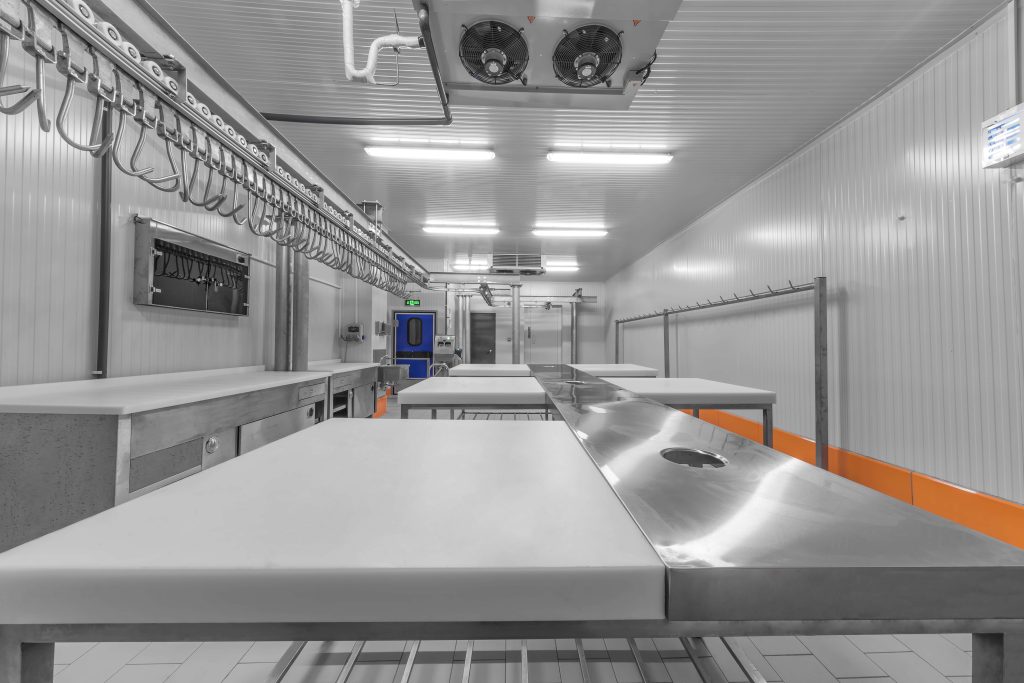
Load flexing of industrial refrigeration systems at abattoirs
Chief Investigators Jarrod Leak (A2EP) Purpose of project The project researched the feasibility of abattoirs flexing the electrical demand of their refrigeration plants by using advanced…
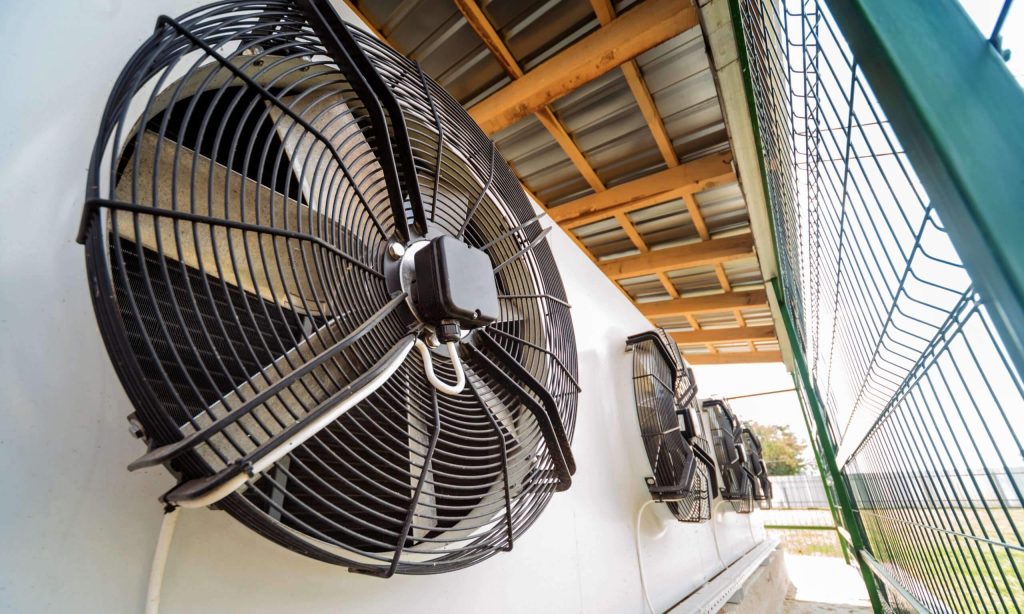
Completed | August 2021
Flexible demand and demand control technology and development
Chief Investigators Dr Stephen White (CSIRO) Purpose of project This Opportunity Assessment project identified sources of flexible demand (FD) in Australia and evaluated the opportunity to unlock demand side participation…
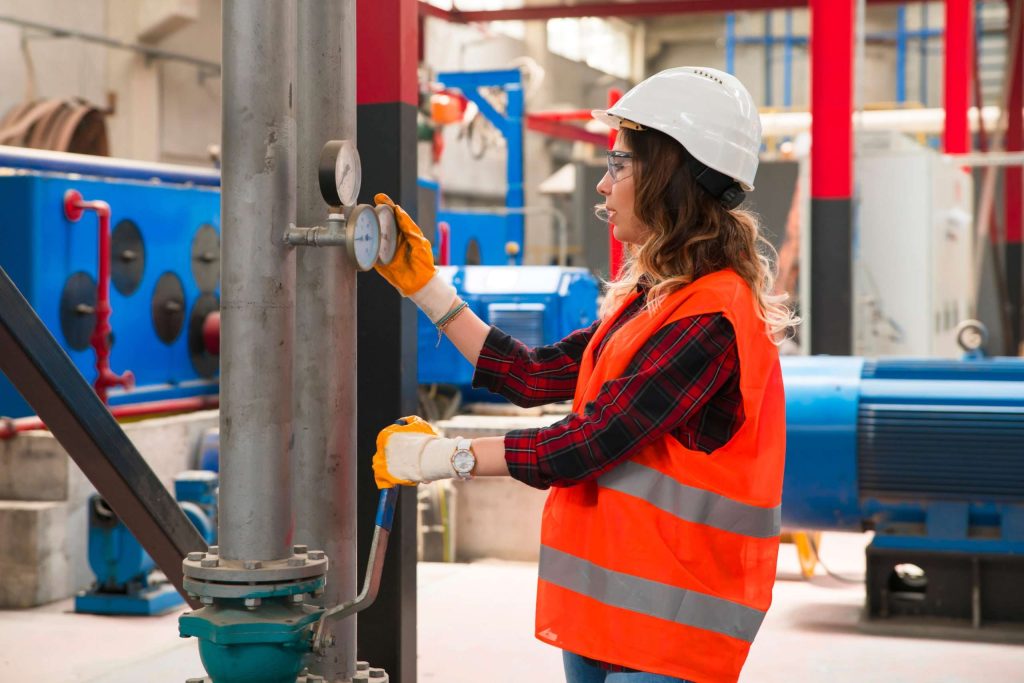
Completed | August 2021
Electrification and renewables to displace fossil fuel process heating
Chief Investigators Dr Michael Evans (Adelaide University) Purpose of project The primary focus of this Opportunity Assessment was to review and analyse new and existing technologies to…
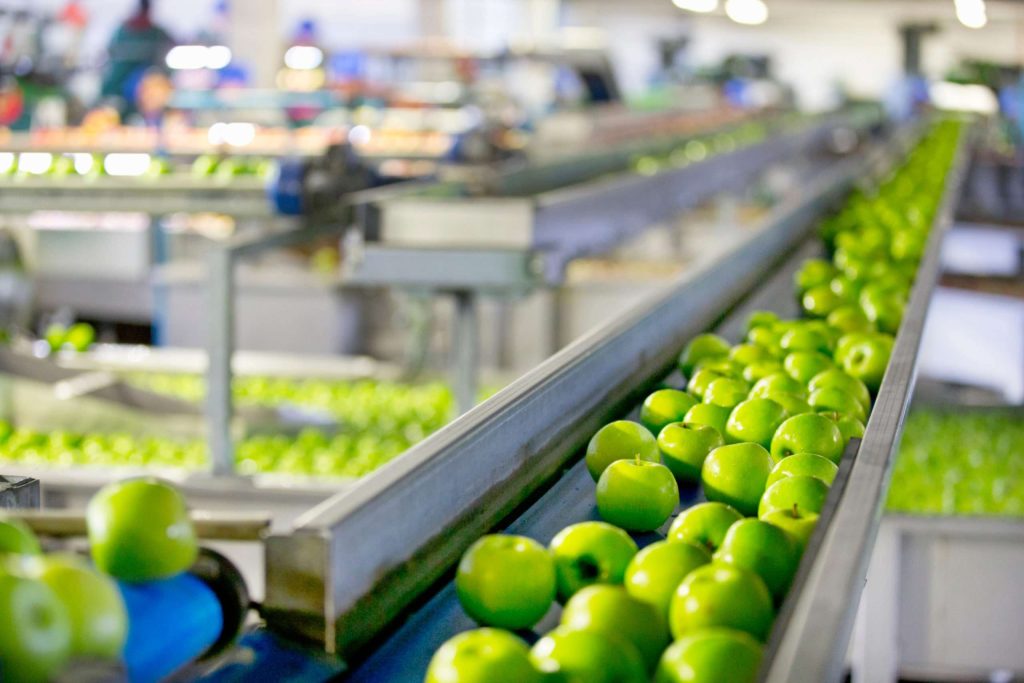
Completed | October 2021
Transforming energy productivity through value chains
Chief Investigators Prof. Jago Dodson (RMIT) Purpose of project This Opportunity Assessment investigated the potential opportunities to transform energy productivity (EP) in priority key value…
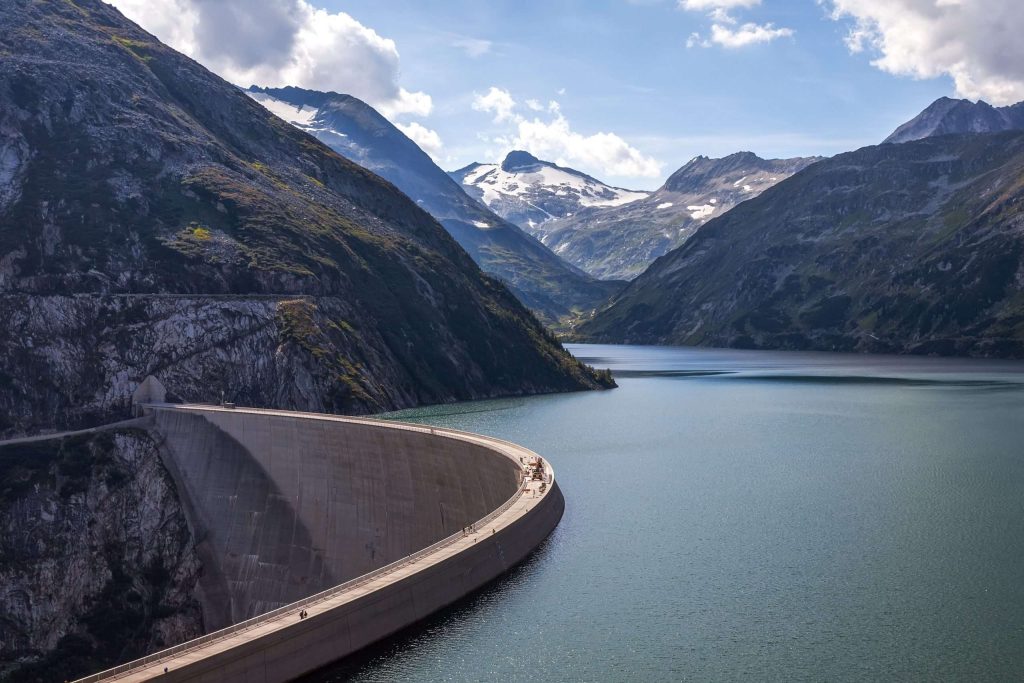
Decarbonisation pathways for the Australian cement and concrete sector
Project details This project developed a decarbonisation roadmap with strong endorsement from the Australian cement and concrete sector and the wider community, to accelerate…
